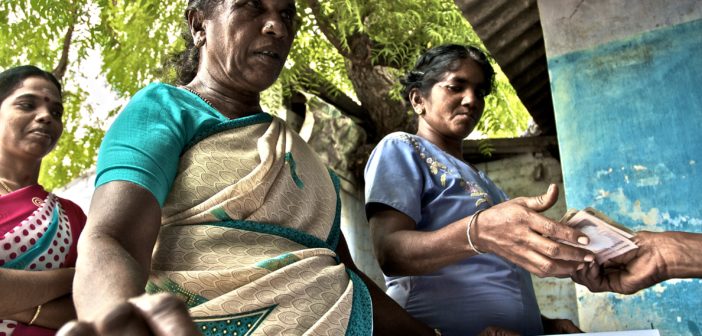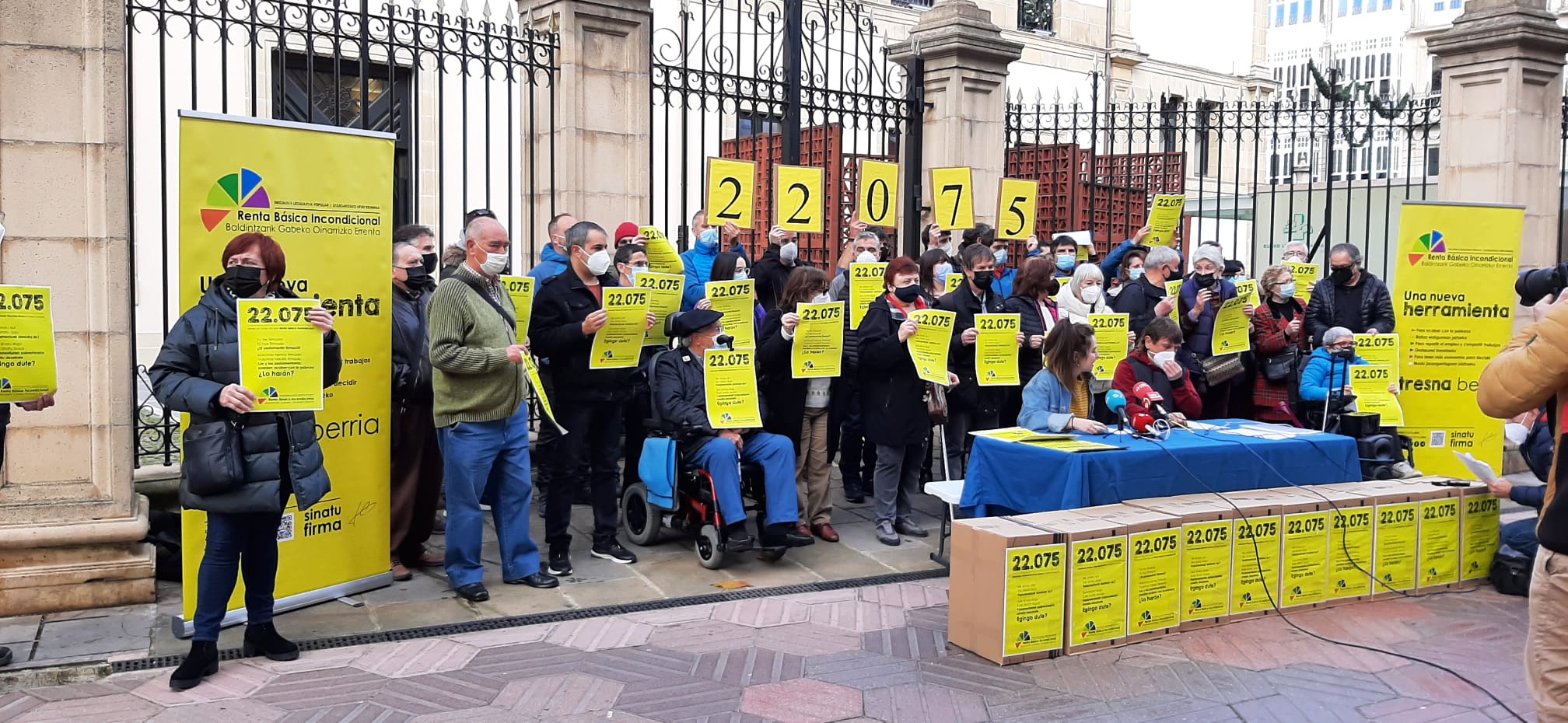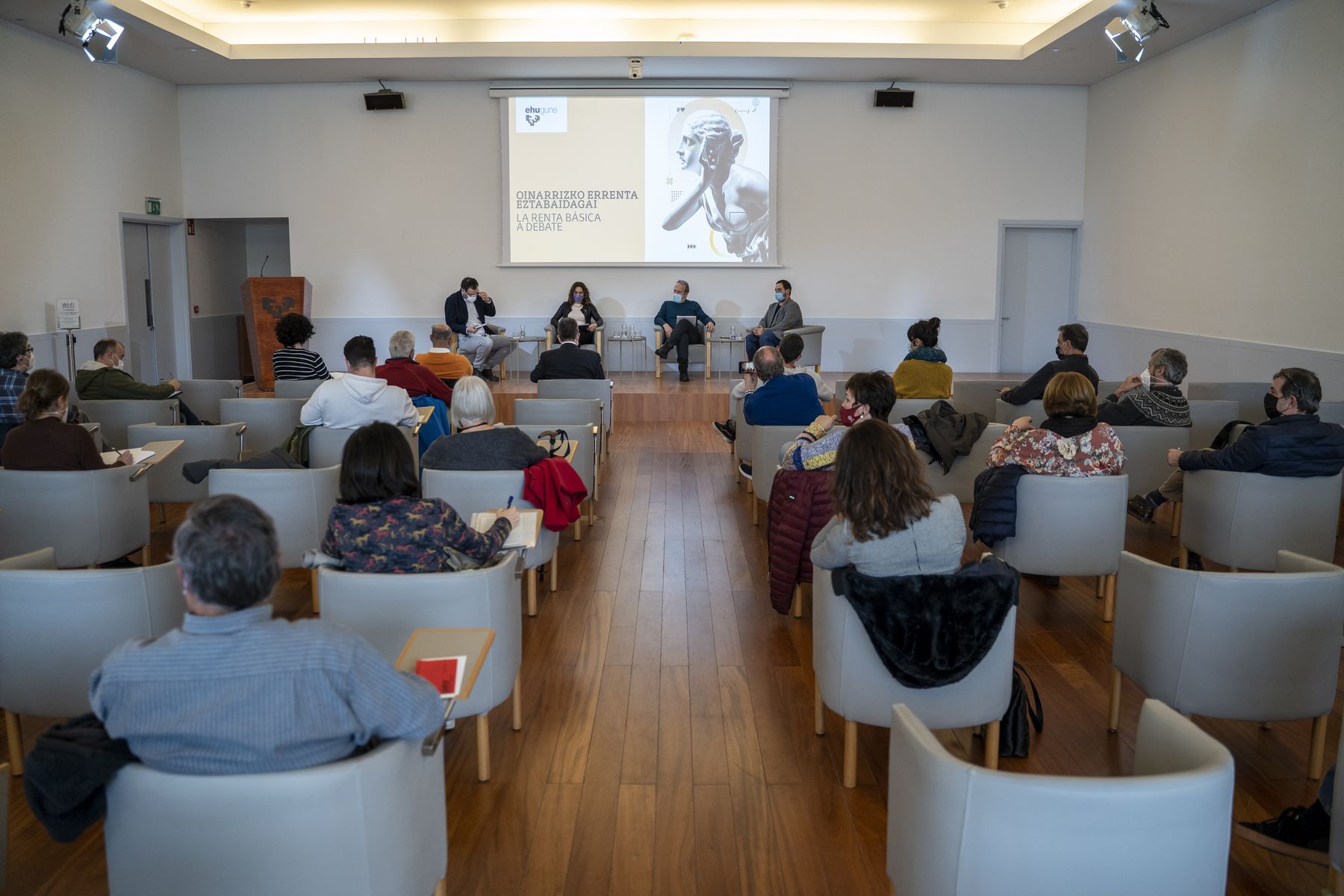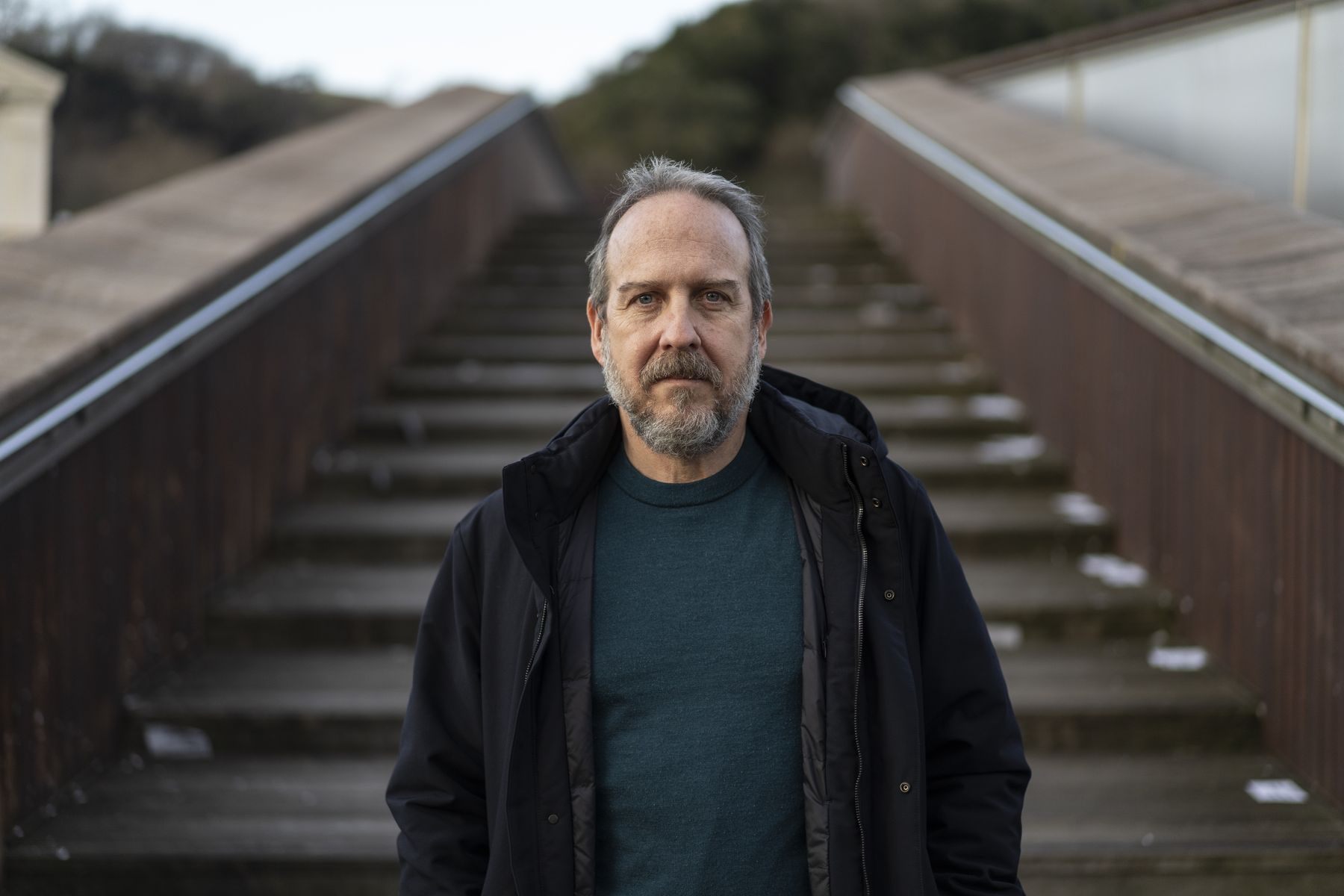Universal basic income: The debate in Europe is just around the corner
- A number of states have pushed for a citizens' initiative to bring the proposal for universal and unconditional basic income to the European Union institutions. Meanwhile, members of different groups have explained the impact that income security and access to them would have on their lives.

Activists from several European countries have started a collection of signatures to present their proposal for a universal basic income in the European Union institutions, as reported by El Salto. One million signatures are intended to provide guarantees to discuss the need for a universal, unconditional, individual and sufficient basic income. On 25 September, a campaign will be held to bring the debate at European Union level, in the media, in academia, in the streets and in social movements to an end in the institutions.
"This initiative is part of the activists who make up the European Commission for Basic Income (EC) in different European countries," said Mayte Quintanilla, a member of Humanists for Basic Income. They have recognised that they work in countries such as Germany, Austria, Hungary, Bulgaria, Spain, France, Italy, Finland and Portugal and that they are "very active" in the area of basic income. Quintanilla believes it is time to upload this debate to Brussels: "The concept is known more. In fact, in recent years there has been more talk about Unconditional Basic Income.”
The Basic Income Network has a long history in the Spanish State making an effort for this redistributive instrument. The economist and network member Julen Bollain believes that the introduction of a basic income at European level “would be good for citizens, good for states and good for the European institution”. According to their assumptions, it would mean a redistribution of wealth at the regional level, "guaranteeing the material existence of the citizens, and allowing all the people here living to benefit from the wealth generated by European integration".
By legitimacy
Bollaín considered that inequality could be addressed "from a broad perspective", which would allow for a "drastic reduction of some migratory factors in the European Union in certain countries", as well as to avoid negative effects such as the phenomenon of "brain drain". He added that "it can give legitimacy to an institution that challenges its austerity positions" in the workplace.
History of application
This is not the first attempt to extend the debate to the whole of Europe. In 2013, for example, there was another similar initiative. Carlos Arias, a defender of the basic income that is not attached to any group, but who is willing to act with anyone who drives the measure, was there. It says that on that occasion over 300,000 signatures were obtained. Then, following the wave, the ILP was presented in Spain and 185,000 aids were registered, of which half a million euros were needed.
Both attempts did not achieve their quantitative objective, but Arias does not see that background as a failure: the basic income was not so well known at the time, and they also managed to launch a European network that has today made a joint request. After years of expansion, and with parallel activities in the background, they aim to make it move to Europe.
A couple of years ago, when the debate intensified and news about new experiments that were making the leap to the public agenda came back to the excitement. Then the second campaign began and, according to Arias, arrived at the right time: other factors were added to the general precariousness, such as the problems in the management of the Minimum Income of Life. This has put on the table the limits of conditionality, which have intensified in the health emergency. Moreover, it has recognised that the collection of signatures is generally much easier to carry out.
Conditions of hearing
"COVID-19 has strongly catalyzed the inconsistency of an inhumane system that puts material value above people and allows unjustly appropriating the goods that are of all," he said. Following this finding, it is estimated that one million signatures, at least seven European countries, will be mobilised, exceeding a minimum for each country. In this case, the Commission and the European Parliament should give a hearing to the partners promoting the measure and give an opinion on it. If positive, they should specify the measures to be taken. However, nothing is binding in this process.
Deprotection figures
According to Eurostat, almost 17% of Europeans are at risk of exclusion and poverty. In the Spanish State, according to the last AROPE report, before the economic emergency caused by the coronavirus, this figure reached 26% of the population. The defenceless population is large: almost one in five people in Europe and more than one in four in the Spanish state.
What happens when you're separated from life, environment or people and socially isolated for 3, 6, 10, 20 or 25 years? Who's in jail? What do we know about the men and women serving in Zaballa's macro-prison?
For those who have been serving prisoners serving sentences in Zaballa... [+]
We are in a process of Popular Legislative Initiative to create an unconditional Basic Income, and we are often debating the appropriateness or otherwise of the proposal. Not so much because of its proven economic viability, but because of more philosophical issues or how to... [+]






















